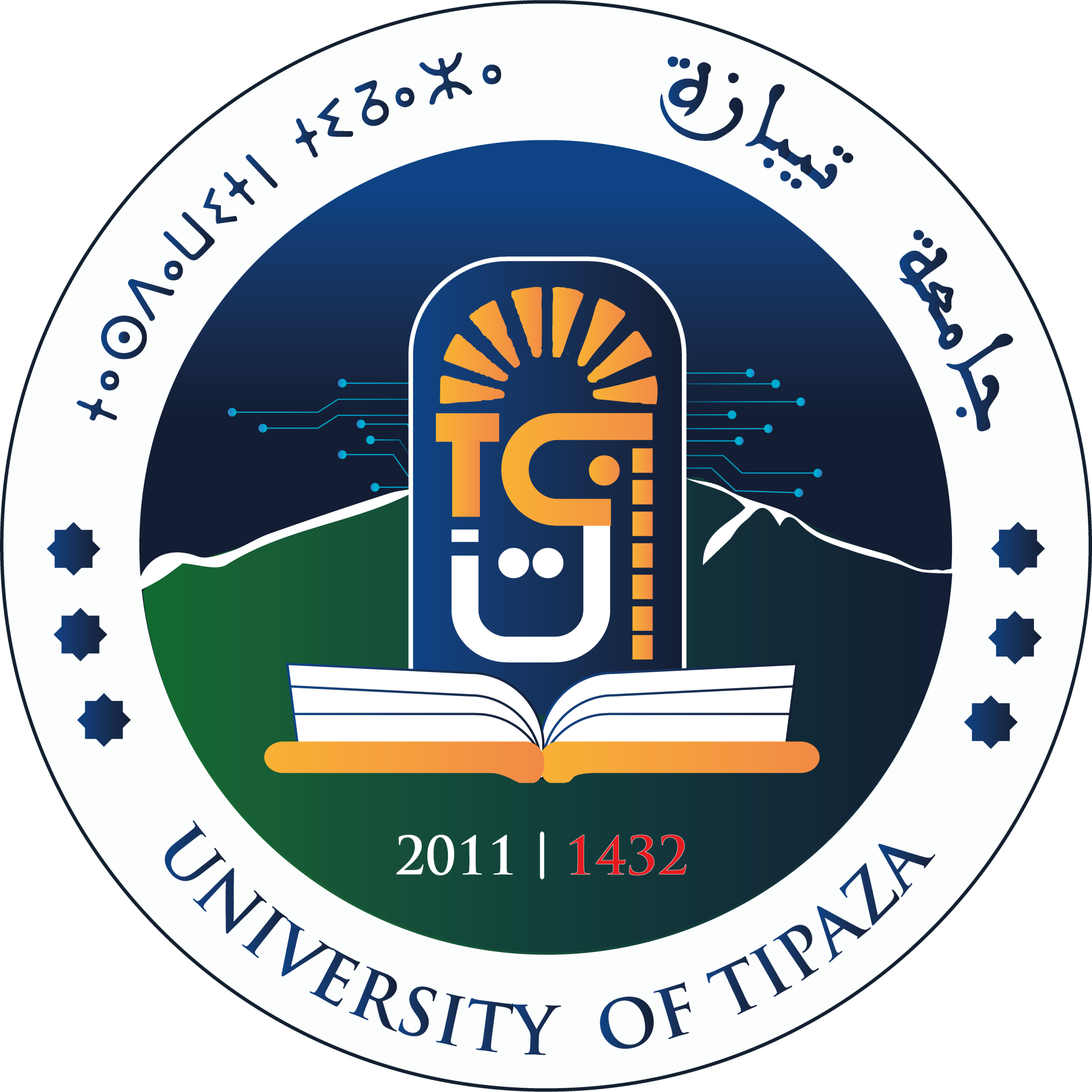University of Tipaza جامعة تيبازة
Auteur Nesrine Talbi
Documents disponibles écrits par cet auteur (1)


 Affiner la recherche Interroger des sources externes
Affiner la recherche Interroger des sources externes


| Titre : |
Impact des ravageurs maraîchers à Tipaza et potentiel insecticide de resources marines contre Aphis fabae |
| Type de document : |
texte imprimé |
| Auteurs : |
Nesrine Talbi, Auteur ; Malika Farah Lahreche, Auteur ; Farial Krache, Auteur |
| Editeur : |
Tipaza [Algérie] : Centre universitaire Morsli Abdellah - Tipaza- |
| Année de publication : |
2024/2025 |
| Importance : |
p.55 |
| Présentation : |
couv. en noir et blanc ., ill., fig. |
| Format : |
30 cm |
| Accompagnement : |
CD |
| Note générale : |
Bibliographie: p54-55. |
| Langues : |
Français (fre) |
| Catégories : |
Agronomie
|
| Mots-clés : |
Vegetable crops Bioinsecticide Aphis fabae Chitosan Halopteris scoparia. |
| Index. décimale : |
630.22 |
| Résumé : |
In the Tipaza region, vegetable farming plays a crucial role in local food production, yet it is under increasing pressure from various pests. Among the most concerning are the black aphid Aphis fabae, the tomato leafminer Tuta absoluta, and mites. Aphis fabae causes significant damage by weakening plants and promoting the growth of sooty mold. Given the limitations of chemical pesticides and the environmental concerns they raise, this study investigates marine-derived biological alternatives. Two substances were tested for their bioinsecticidal activity: chitosan extracted from shrimp shells and the methanolic extract of the brown alga Halopteris scoparia. In vitro results revealed strong insecticidal activity against Aphis fabae. The LD50 and LD90 values for chitosan were 0.0014% 1.54% and 0.3%, 19.64% respectively, with similar values recorded for H. scoparia. Statistical analysis showed no significant difference between the insecticidal effects of the two extracts across all tested concentrations. |
Impact des ravageurs maraîchers à Tipaza et potentiel insecticide de resources marines contre Aphis fabae [texte imprimé] / Nesrine Talbi, Auteur ; Malika Farah Lahreche, Auteur ; Farial Krache, Auteur . - Tipaza [Algérie] : Centre universitaire Morsli Abdellah - Tipaza-, 2024/2025 . - p.55 : couv. en noir et blanc ., ill., fig. ; 30 cm + CD. Bibliographie: p54-55. Langues : Français ( fre)
| Catégories : |
Agronomie
|
| Mots-clés : |
Vegetable crops Bioinsecticide Aphis fabae Chitosan Halopteris scoparia. |
| Index. décimale : |
630.22 |
| Résumé : |
In the Tipaza region, vegetable farming plays a crucial role in local food production, yet it is under increasing pressure from various pests. Among the most concerning are the black aphid Aphis fabae, the tomato leafminer Tuta absoluta, and mites. Aphis fabae causes significant damage by weakening plants and promoting the growth of sooty mold. Given the limitations of chemical pesticides and the environmental concerns they raise, this study investigates marine-derived biological alternatives. Two substances were tested for their bioinsecticidal activity: chitosan extracted from shrimp shells and the methanolic extract of the brown alga Halopteris scoparia. In vitro results revealed strong insecticidal activity against Aphis fabae. The LD50 and LD90 values for chitosan were 0.0014% 1.54% and 0.3%, 19.64% respectively, with similar values recorded for H. scoparia. Statistical analysis showed no significant difference between the insecticidal effects of the two extracts across all tested concentrations. |
|  |
Exemplaires(1)


 Affiner la recherche Interroger des sources externes
Affiner la recherche Interroger des sources externesImpact des ravageurs maraîchers à Tipaza et potentiel insecticide de resources marines contre Aphis fabae / Nesrine Talbi





